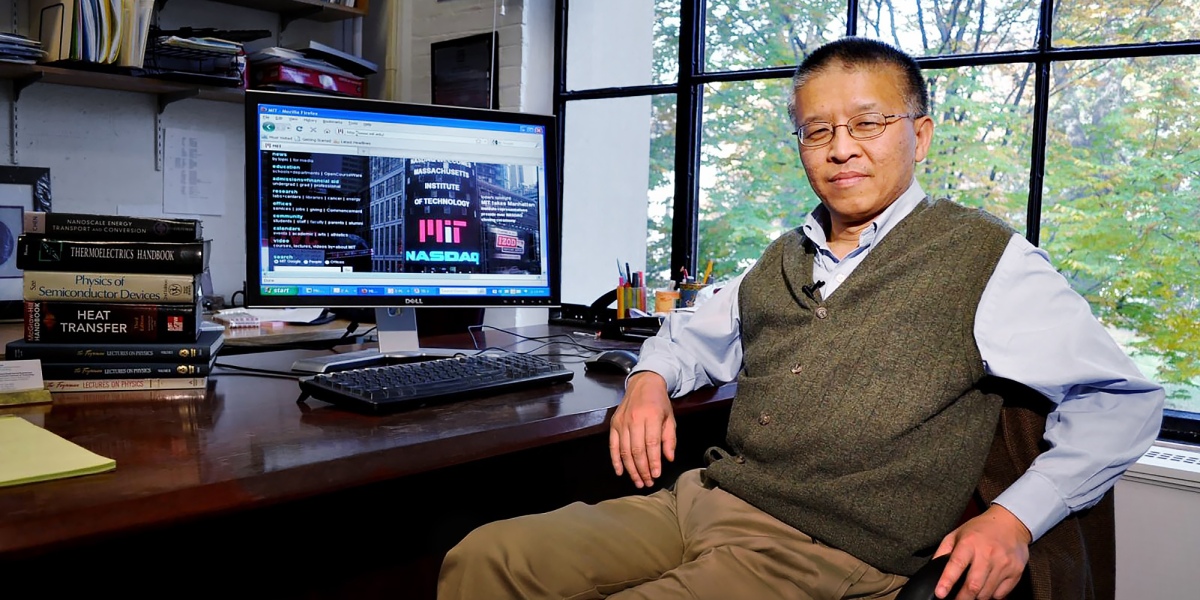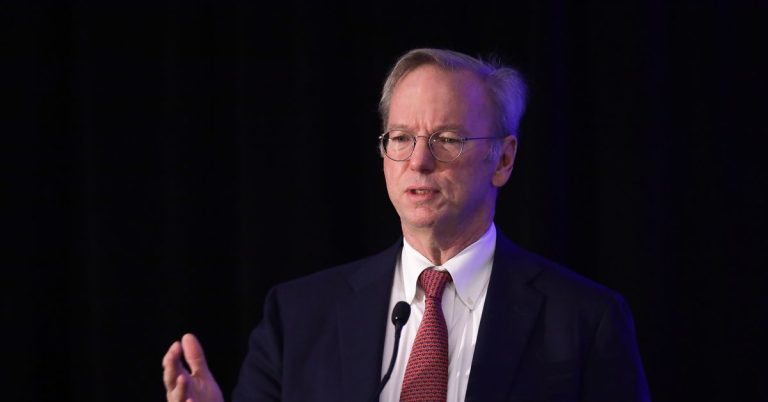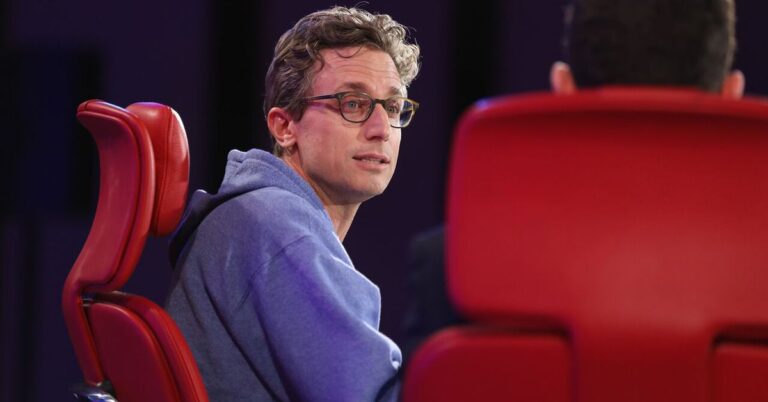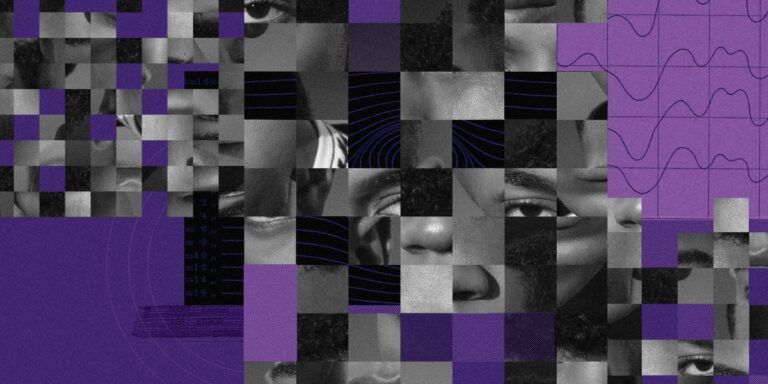
To support MIT Technology Review’s journalism, please consider becoming a subscriber.
The China Initiative
Chen was one of the most high-profile scientists charged under the China Initiative, a Justice Department program launched under the Trump administration to counter economic espionage and national security threats from the People’s Republic of China.
Despite its stated purpose, an investigation by MIT Technology Review found that the initiative has increasingly focused on prosecuting academics for research integrity issues—hiding ties or funding from Chinese entities on grant or visa forms—rather than industrial spies stealing trade secrets. Only 19 of 77 cases (25%) identified by MIT Technology Review alleged violations of the Economic Espionage Act, while 23 cases (30%) alleged grant or visa fraud by academics.
Our reporting has also found that the initiative has disproportionately affected scientists of Chinese heritage, who make up 130 (88%) of the 148 individuals charged under the initiative.
Chen’s is the eighth research integrity case to be dismissed before trial. Last month, Harvard professor Charles Lieber was found guilty on six charges of false statements and tax fraud, while the trial of University of Tennessee–Knoxville professor Anming Hu, the first research integrity case to go before a jury, ended first in a mistrial and then a full acquittal.
Research Integrity cases from MIT Technology Review’s China Initiative Database
A catalyzing case
Chen’s indictment raised awareness of, and opposition to, the initiative because of both his prominence in his field and the seemingly routine activities for which he was being prosecuted, including collaborating with a Chinese university at the behest of his home institution. “We are all Gang Chen,” a group of MIT faculty wrote at the time, expressing both their support for their colleague and their concerns about how their own activities could draw government scrutiny.
“The end of the criminal case is tremendous news for Professor Chen, and his defense team deserves accolades for their work,” said Margaret Lewis, a law professor at Seton Hall University who has written about the China Initiative. “But let’s not forget that he was first questioned at the airport two years ago and indicted one year ago. The human cost is intense even when charges are dropped.”
In a note to the MIT community shortly after the dismissal was filed, MIT president L. Rafael Reif provided some more detail on that human cost. “Gang was first detained at Logan Airport about six weeks before the pandemic struck our community; the burdens on him and his family members since then have been beyond imagining,” he wrote, while acknowledging that “this case has also caused ongoing distress throughout our community, particularly for Gang’s friends, students, and colleagues, and for those across MIT and elsewhere who are of Chinese descent.”
“Having had faith in Gang from the beginning, we can all be grateful that a just outcome of a damaging process is on the horizon. We are eager for his full return to our community,” Reif said.






